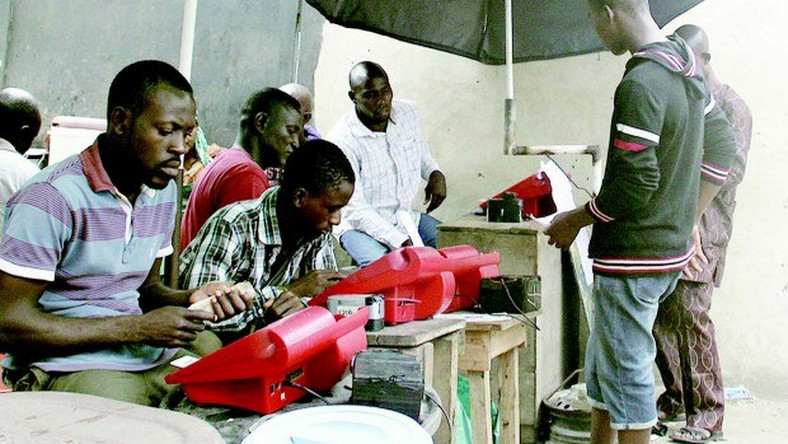…As betting firms face official expulsion in Africa to save youths’ future
The burgeoning African gaming market has been spearheaded by a number of countries in recent years with South Africa, Nigeria, Kenya, Uganda and Tanzania widely deemed as the leading markets on the continent.
Indications show that the conditions including budding technological hubs, increasing online access and digital penetrations rates, as well as viable payment solutions for a mostly unbanked population, drive appetite for citizens taking to gambling as a means of livelihood.
In Kenya, mobile operators cover almost 90% of the population with over 46 million people having access to the digital space.
These conditions, intertwined with a youthful and growing middle/lower class that has a ferocious passion for sports and craze for quick and easy money, has made the 2nd most populous continent on the globe an attractive opportunity for gaming operators looking to expand beyond existing mainstream and, often, saturated markets.
However, after consistent year on year growth in a number of markets in the sub-Saharan region, the problems affecting their European counterparts have emerged in the promising market.
However, with betting activity sweeping across the continent, and East Africa in particular, Uganda was the first nation to act in 2019. According to local media, State Minister for Finance, David Bahati “received a directive from President [Yoweri] Museveni to stop licensing sports betting, gaming and gambling companies.” In addition, for those already registered, there would be “no renewal of licenses when they expire”.
As well as wanting to divert the attention of the youth away from sports betting and its harmful social impact, President Museveni specifically referenced foreign-owned companies repatriating profits rather than re-investing them in Uganda as a reason for the ban – a cause that has resonated with neighbouring jurisdictions.
Gaming powerhouse Kenya was the next significant market to act, albeit not to the extent of banning new and future licenses. Instead, the Kenyan Betting Control and Licensing Board (BCLB) mirrored similar moves being made in Europe, most notably in Italy, by focusing on the widespread levels of advertising. According to a statement released by the BCL, “outdoor advertising of gambling, advertising of gambling on all social media platforms, advertising gambling between 6am and 10pm, [and] endorsement of gambling operations by celebrities” would be banned.
While the Kenyan ban has been temporarily suspended, legislators are currently considering policy amendments which would overhaul current state gambling laws by imposing significantly higher costs on licensed operators. In addition, the Ugandan ruling remains in place. With these actions, both jurisdictions have set a precedent that threatens to spread across and bring to a halt the great signs of promise demonstrated by the continents gaming industry.
Though the betting habit is ferociously consuming a sizeable chunk of jobless Nigerian youths without any form of protection from the Federal Government, many experts have started calling for tougher regulations as a way of redirecting Nigerian youths to the power of self reliance than building castles on the hopes of winning bets.









